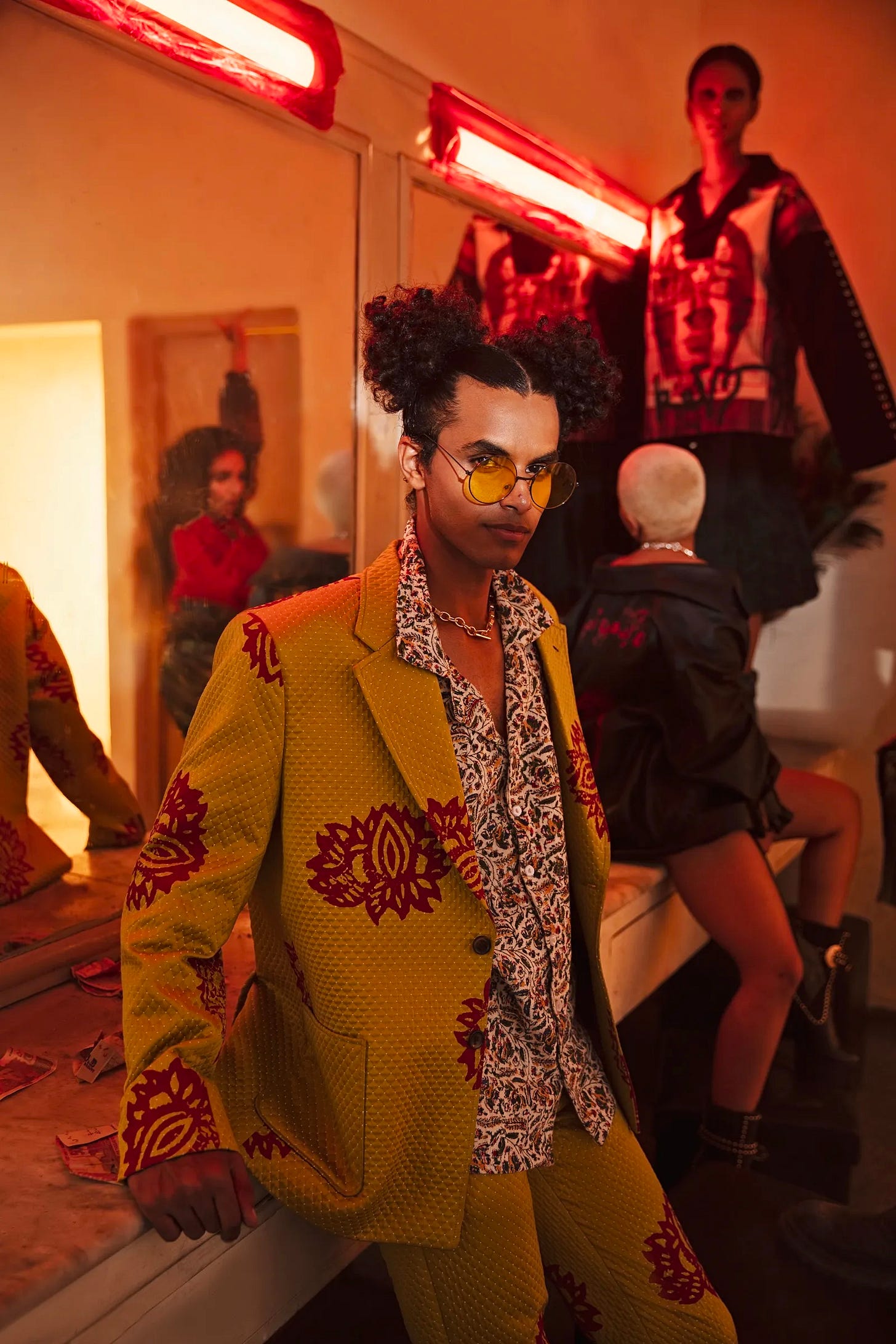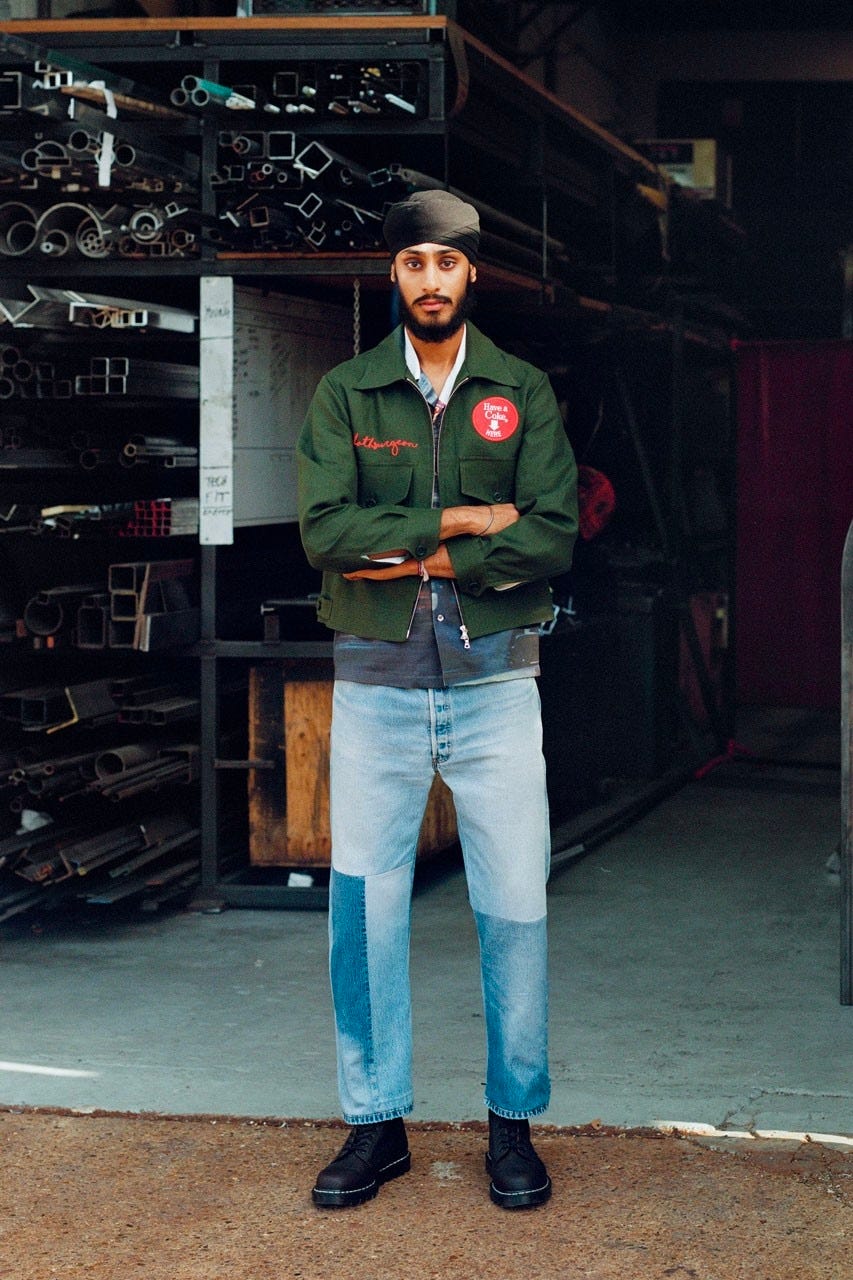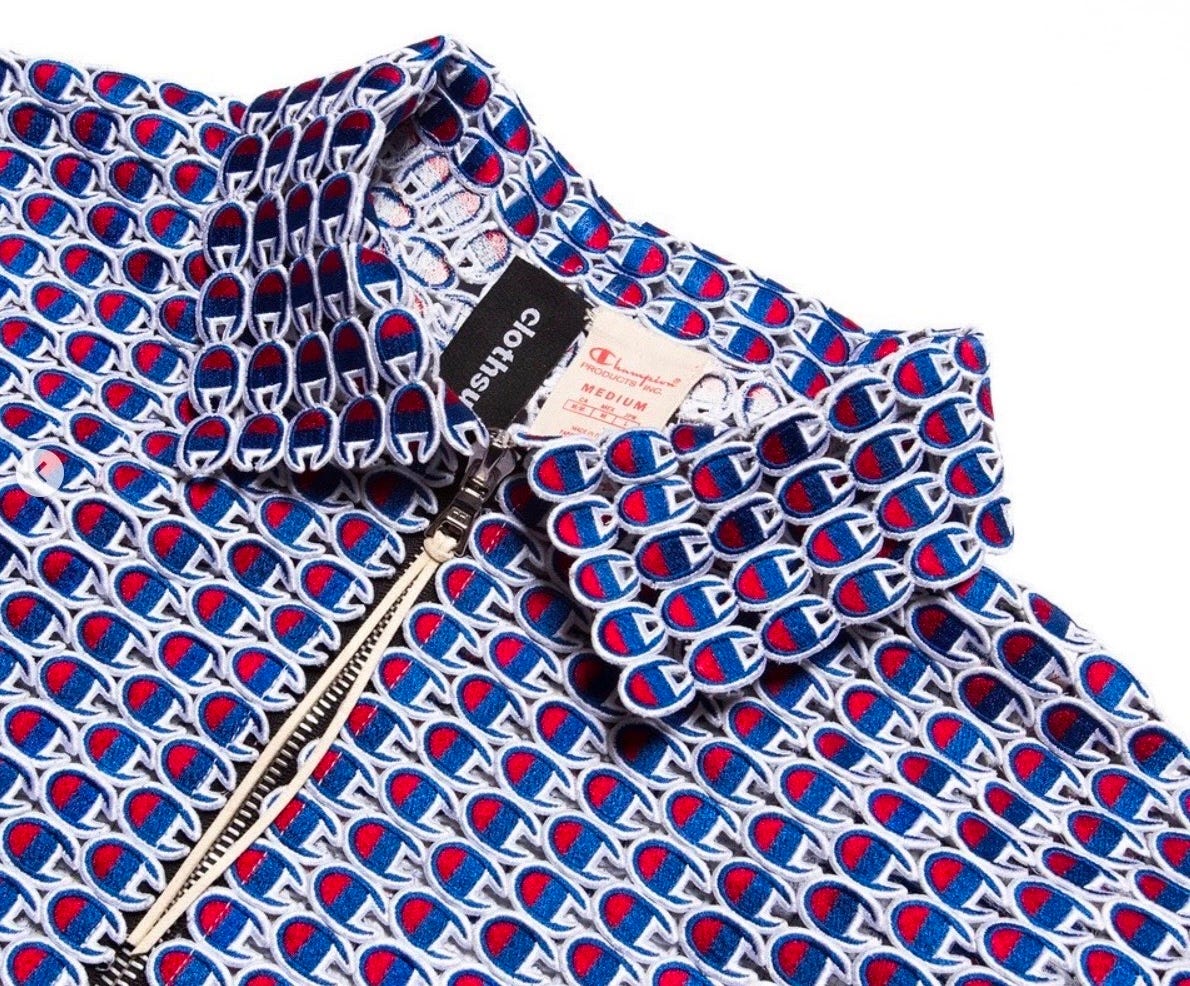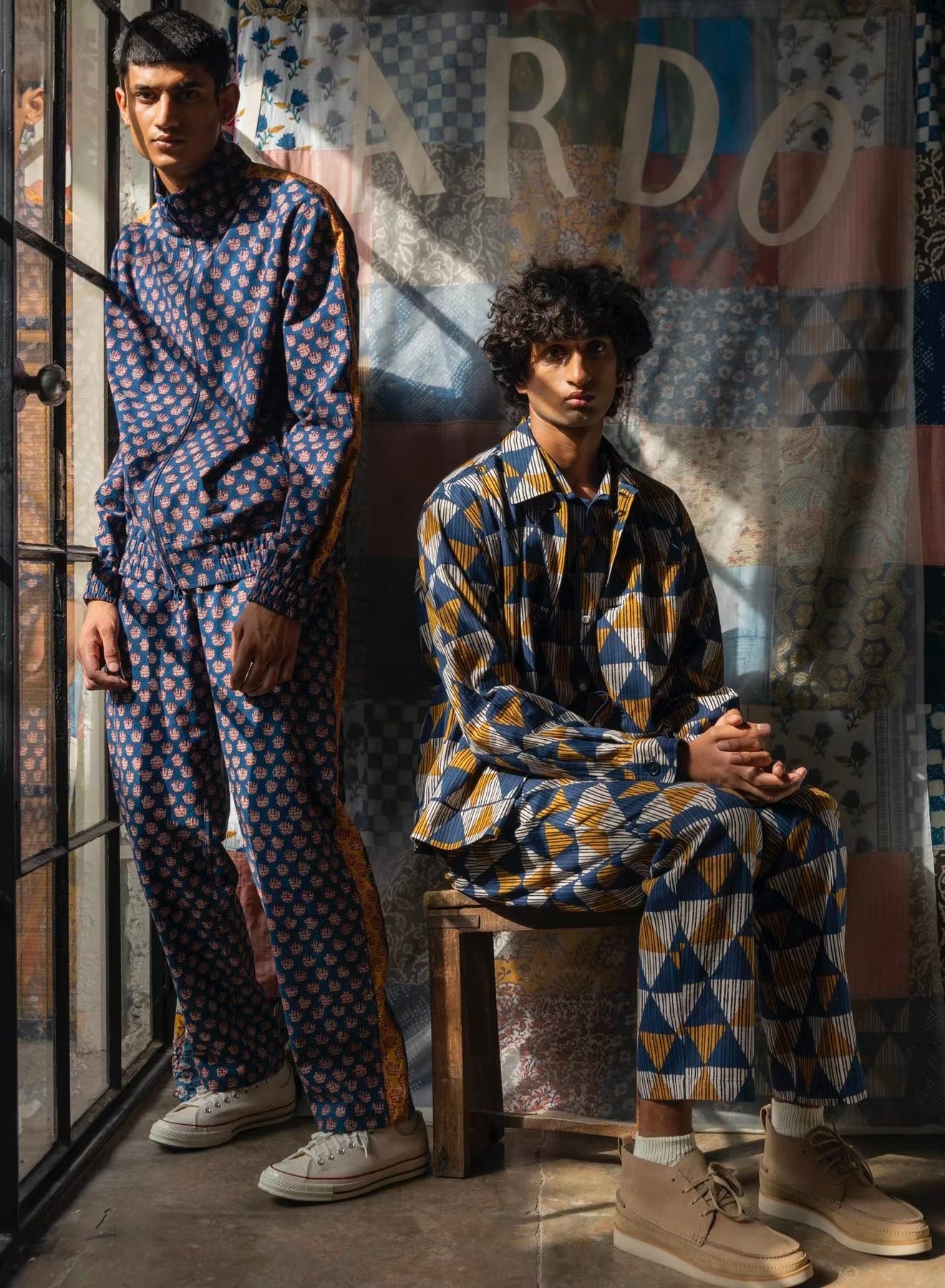In the past decade, menswear has seen an immense flow of creativity, style, and perfected details driven by the prominence of luxury streetwear. Starting as an underground movement in the early ‘90s from skate parks to hip hop baggy jeans, boxy tees, and statement sneakers made their way to iconic and ultimately a statement of luxury. Brands like Supreme and designers like the late Virgil Abloh catapulted streetwear to high end fashion and everyone took notice. As streetwear continues its dominance around the world, many emerging designers are creating their own versions, blending the old and the new, while embracing slow fashion.
Rastah, Clothsurgeon, and Kardo are just three of the brands we love who have taken the ethos of luxury streetwear and remixed it in unexpected ways with traditional South Asian textiles and craftsmanship.
Rastah
“Rastah is an extension and/or a representation of me getting out of that shell; rediscovering my identity and celebrating and championing my heritage.” - Zain Ahmad, Creative Director and co-founder of Rastah in an interview with Brown Girl Magazine
Rastah (“journey” in Urdu) is a luxury streetwear brand from Pakistan that reimagines traditional South Asian craft in Western silhouettes and styles. Founded by cousins, Zain, Ismail, and Adnan in Lahore, it is a celebration of modernity and reframing what it means to be South Asian.The brand is clear in its rejection of nostalgia. There is reverence for what came before, but with the goal of pushing the limits to build something new.
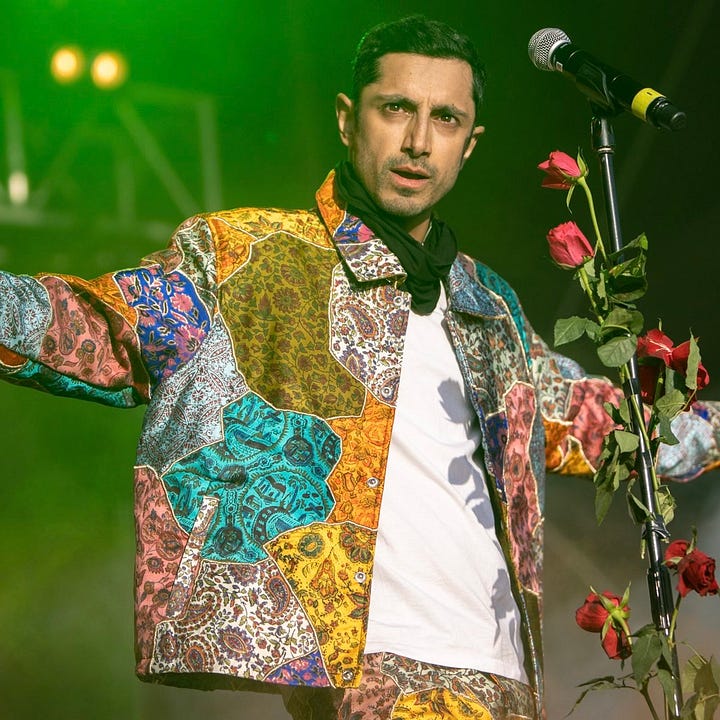
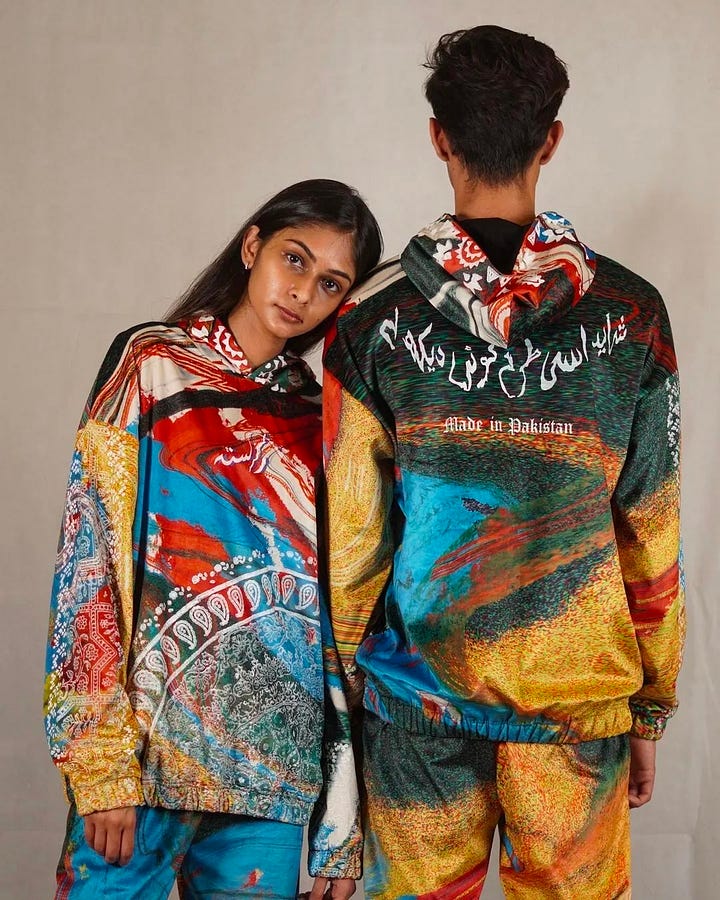
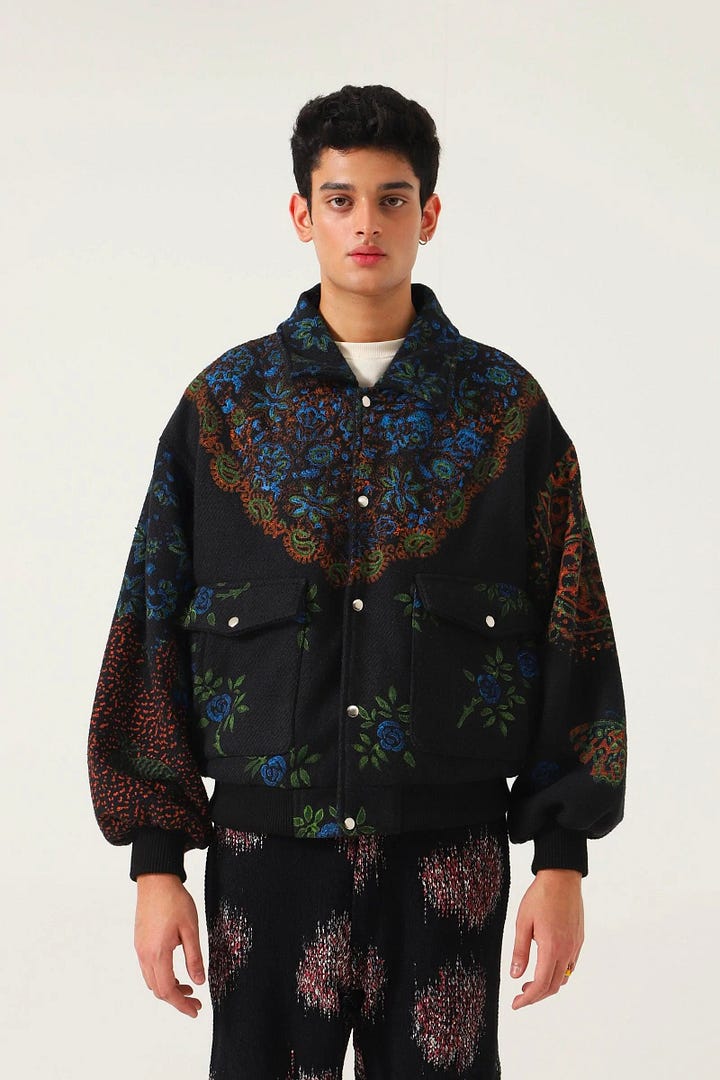
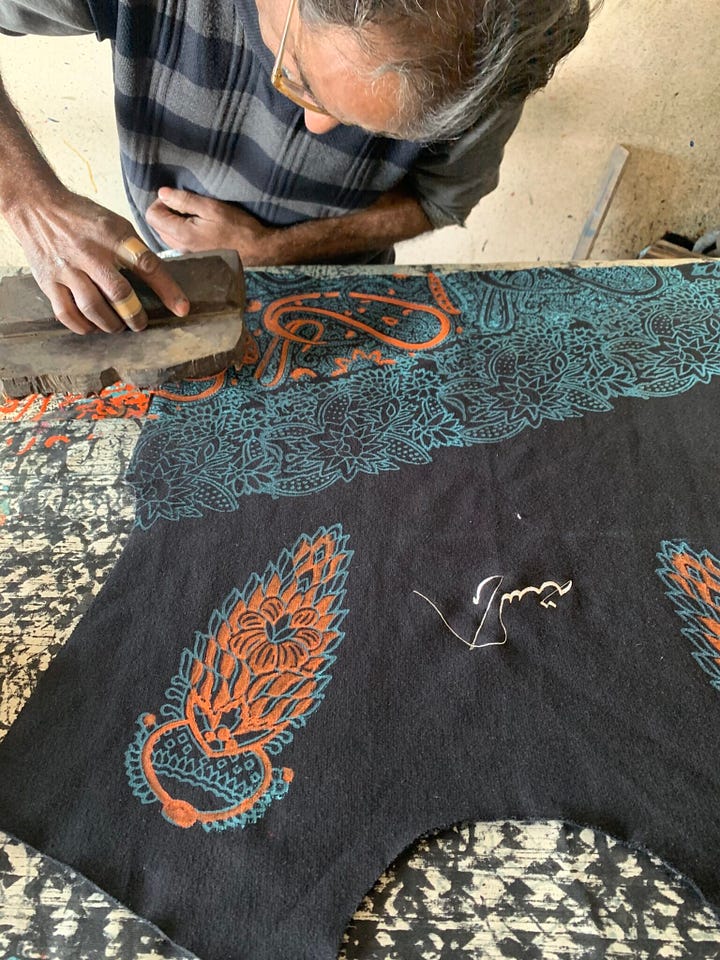
The brand’s creative director, Zain Ahmad, grew up in the UK and Canada and is now based in Lahore. Similar to many children of immigrants, Ahmad grew up focusing on integrating and assimilating into Western culture - being ashamed of being brown versus proud of his unique culture. In processing and discovering his own identity, Rastah was formed.
The clothes are all inspired by and made in Pakistan. Since its launch in 2018, it has redefined South Asian streetwear and Pakistan is a place to not just make clothes for other brands, but its ability to foster its own luxury brand.
Rastah is tapping into a shared experience through its clothes - a story of personal history, identity, progress with a beautiful mix of block printed oversized bomber jackets that are the envy of any fashion enthusiast.
Clothsurgeon
Savile Row grew to prominence in the late 18th century as the spot for bespoke suiting and tailoring for the most prominent men, continuing this tradition to today for men from Wintson Churchill to Jude Law. This past August, Savile Row opened up the first South Asian bespoke store Clothsurgeon. The brand has been around for ten years, selling bespoke streetwear online and fusing impeccable tailoring with chill, modern silhouettes and fabrics. The first flagship on a historic street is a stake in the ground for a new version of luxury.
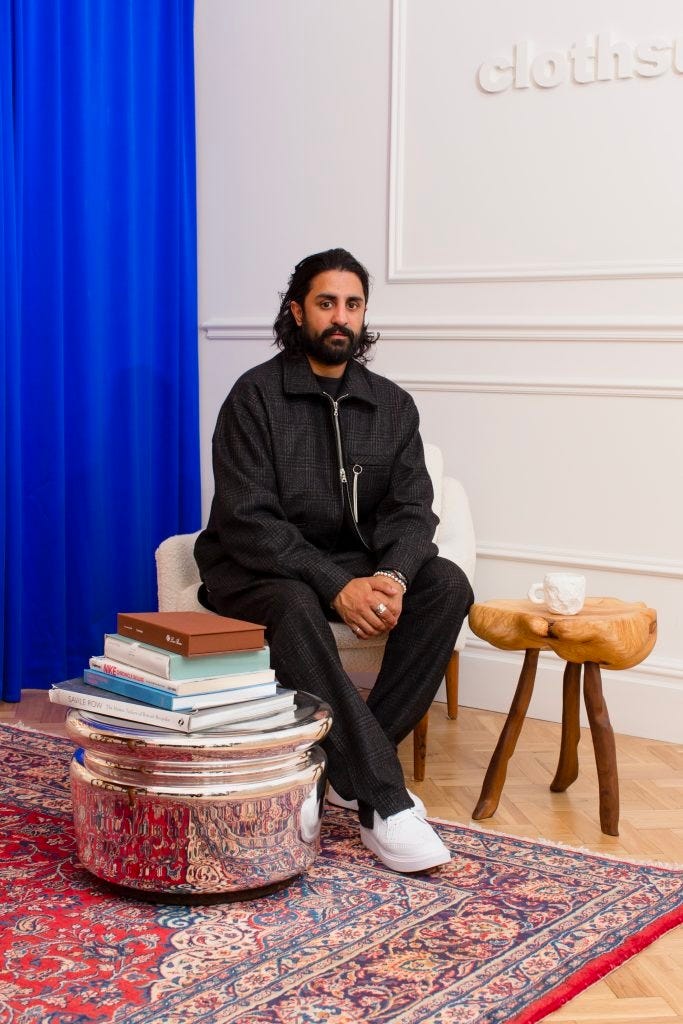
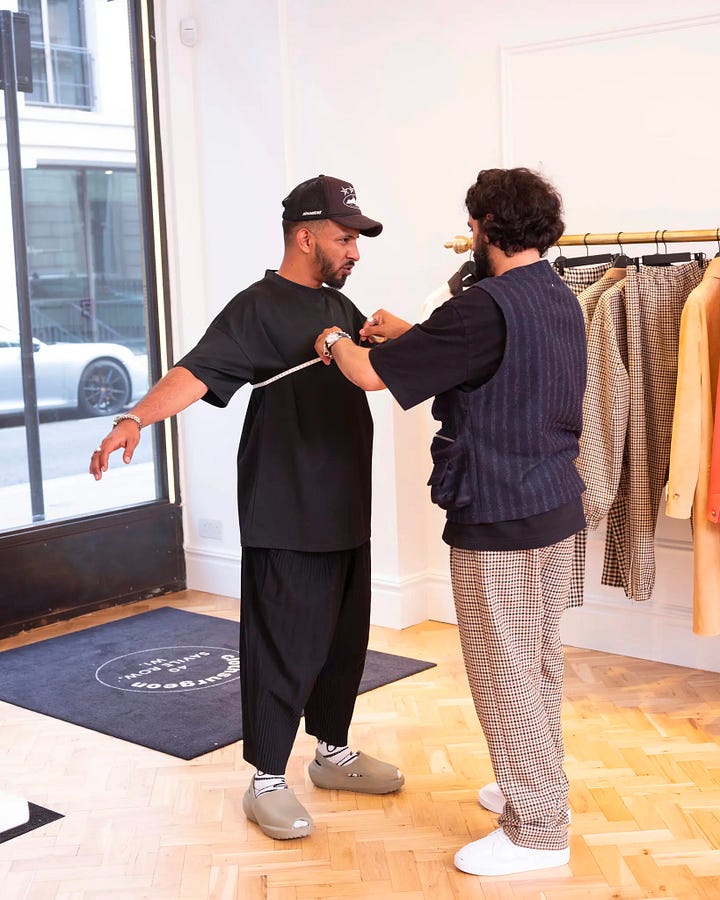
Founder Rav Matharu was raised in Leeds, a son of a corner store owner, who realized most young British boys’ childhood dreams of being professional footballer. Matharu signed with Leeds United at 15, but by 21 fell out of love with the sport and refocused his energy on his other passion - streetwear style and fashion. Matharu went on to study Fashion and Technology at Leeds Arts University and joined the now defunct streetwear brand, House of Billiam, where he learned about bespoke fashion and building a business.
Clothsurgeon is built around the mix of traditional menswear silhouettes and tailoring but with a streetwear edge. The name comes from Matharu’s precision in his forms and his literal use of a scalpel to cut fabric. His line features blouson jacket made from 4000 Champion logos or a bomber made from a 90s Prada backpack. At the Savile Row store, Matharu takes custom measurements for each piece and sees designing as a collaboration with the customer - making something unique and that reflects their personal style.
In a world where influencers and algorithms define style and convenience trumps all, Clothsurgeon feels like the antidote we need.
Kardo
“It’s not where it is made that matters, but who made it and under what conditions”. This is the ethos from Indian menswear line, Kardo, started in 2013 by Rikki Kher. Kher grew up in his dad’s Sari store in London before getting his MBA at NYU and working on the corporate side of fashion retail. Kher’s prior experience and deep knowledge of fabrics and textiles, led him to start a brand that was the antithesis of fast fashion and rooted in the small things that make the perfect garment shine.
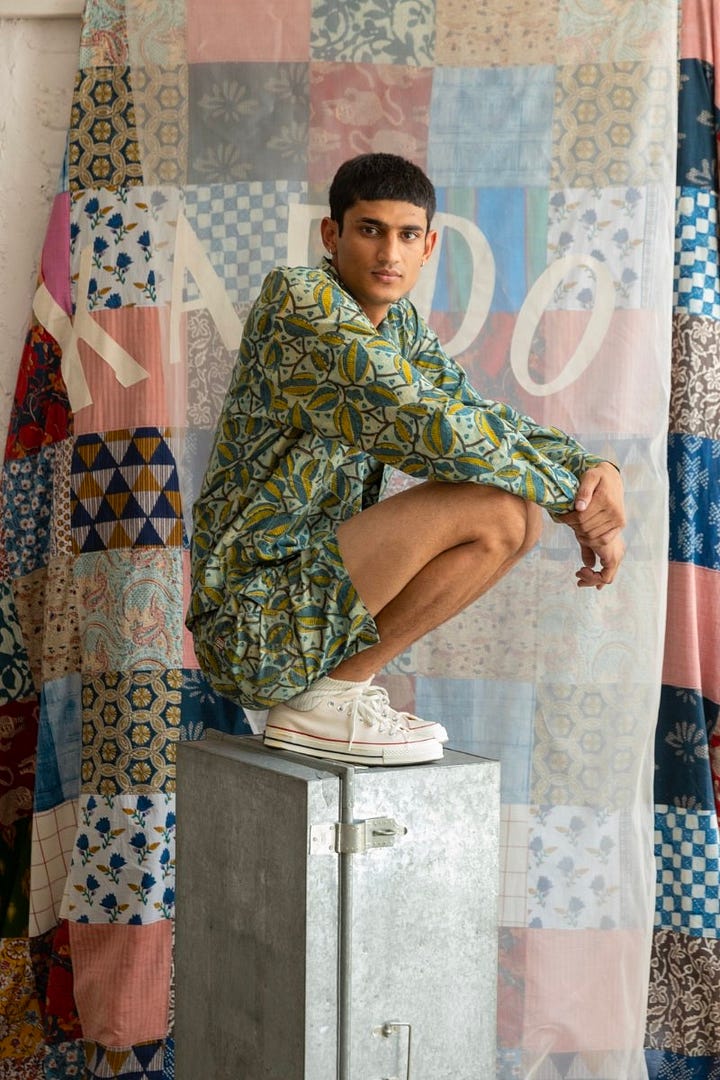
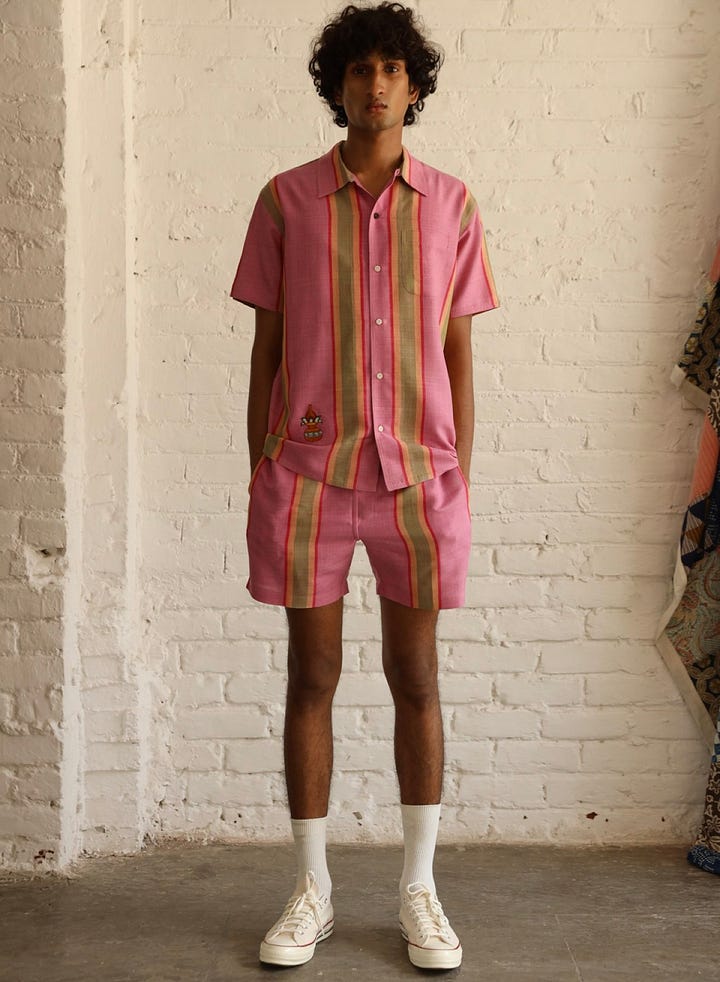
Kardo was born out of Kher’s obsession with “subtle, tiny detailing that is quiet yet strong” and fabrics that are well constructed and “considered for the type of garment being made”. Kardo honors the traditional textiles of India including khadi (hand spun yarn and handwoven fabric), Chikankari embroidery, and block-printing. Every Kardo tag details who cut the fabric, who stitched the fabric, and who finished it, celebrating the process of bringing clothes to life.
The outcome is a meticulously designed collection with each piece crafted with attention and soul. The Chintan is their signature shirt done in a variety of fabrics including Matka silk, which is made from the waste of Mulberry silk and has a soft texture in between of cashmere and cotton. Another Chintan Shirt is made from khadi hand spun by the weaving collective Udyog Bharti in Gondol, Gujarat that supports 2,000 weaving families in sustainable textile production and features floral hand embroidery inspired by Mughal art.
Kardo is already sold in many boutiques around the world, and with their continued focus on style and love for the process, they are definitely a brand to watch.



